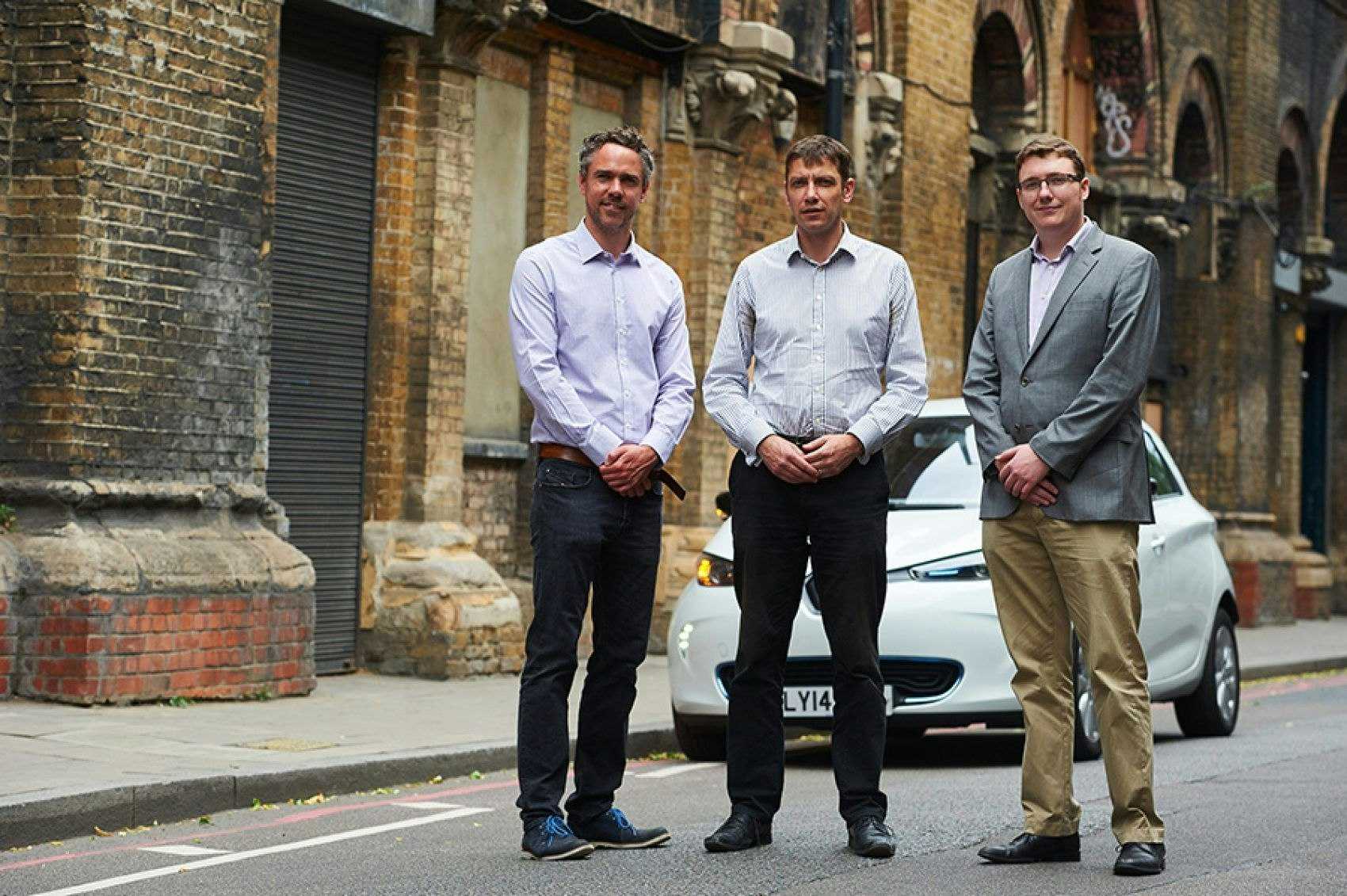Crowdfunding success stories continue to feature in headlines worldwide, as UK and US regulations have eased to attract wider and broader investment in high growth companies. The AltFi Data Report released at the end of 2015 offered valuable industry insights, assessing the status of UK companies who raised finance using equity crowdfunding. It concluded 80% of companies funded between 2011 and 2013 were still trading, as the size of crowdfunding campaigns continued to increase in 2015. This drove Equitise to reassess some of the largest crowdfunding campaigns – we take at some of the industry’s success stories and pose the question, where are they now?
E Car Club
Founded in 2011, the company generated £311,000 in working capital from a closed seed investment round via Crowdcube in 2013. This boosted the company to form partnerships with Renault and Nissan, and in July last year, they were acquired by Europcar as the world’s first successful crowdfunding exit. Since, E Car Club have teamed with Pentland Road Windfarm, who power certain fleets, making them the greenest car-sharing option worldwide. New partners include social housing providers and universities, who were attracted by E-Car’s low cost, environmentally friendly engineering to launch schemes across the UK. E Car Club’s founder, Andrew Wordsworth, MD of Sustainable Ventures Development Partners, likewise funded Powervault, a domestic electricity storage device, on Crowdcube.
Righteous Salad Dressings
Entrepreneurs such as Andrew Wordsworth, who value crowdfunding as a favoured means of raising finance, are numerous – take Gem Misa. Crowdfunding two businesses, Righteous and Cauli Rice, via Crowdcube, with the former valued at £3.5 million recently, Misa has validated her decision to raise funds from the crowd. Denied her initial request of a bank loan, she instead raised £75,000 back in 2012 for the first Righteous campaign, raising an additional £150,000 to take it international. Another Crowdcube success story, an evidence of the possibilities of alternative finance in lieu of traditional loan-based funding.
Monzo
£1 million in 96 seconds. The fastest crowdfund ever was brilliant self-marketing for the smartphone banking company, launching a thousand think pieces as well as awareness for neobanks everywhere. Subsequently, the bank, despite having neither a banking licence nor a public launch, was valued at £30 million. 20,000 people are now using the app worldwide, as their campaign of ethical banking and ease takes off, accessible in 132 countries – with the most transactions, 900,000, taking place in the UK. An Android app is on its way as Monzo seeks to dominate the online-banking industry.
Sugru
Sugru, the high-tech, multi-purpose glue that can be moulded for any use, raised 3 times its initial £1m goal last year on Crowdcube. Backers from 64 countries numbering over 2600 overfunded by 350% to send the East London manufacturer into overdrive, shipping five million packs worldwide since. Last month, the company announced its intentions to crowdfund in the US – an incredibly popular market for the fix-all product, where 50% of its revenue is gained. With sales of £5 m forecast and a 50% to 100% growth projected in the next three years, the putty’s crowdfunding round to take place later this year will be one of the hottest crowdfunding raises in 2016.
The epilogues to these crowdfunding success stories demonstrate the varied means entrepreneurs use to capitalise on their initial crowdfunding victories. Some focus on expansion while others look to use the platforms quickly after, given their positive experiences. What’s consistent between the companies is the sense of innovation and appeal to a public interest that generates mass attention, and demonstrates the enormous power of funding from the crowd.
